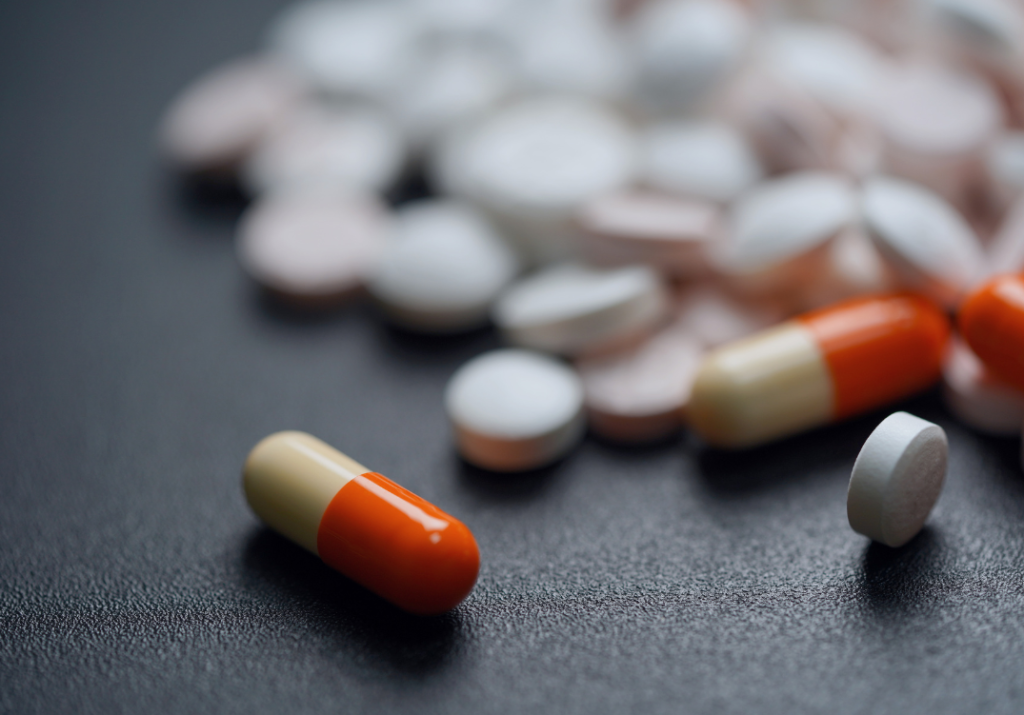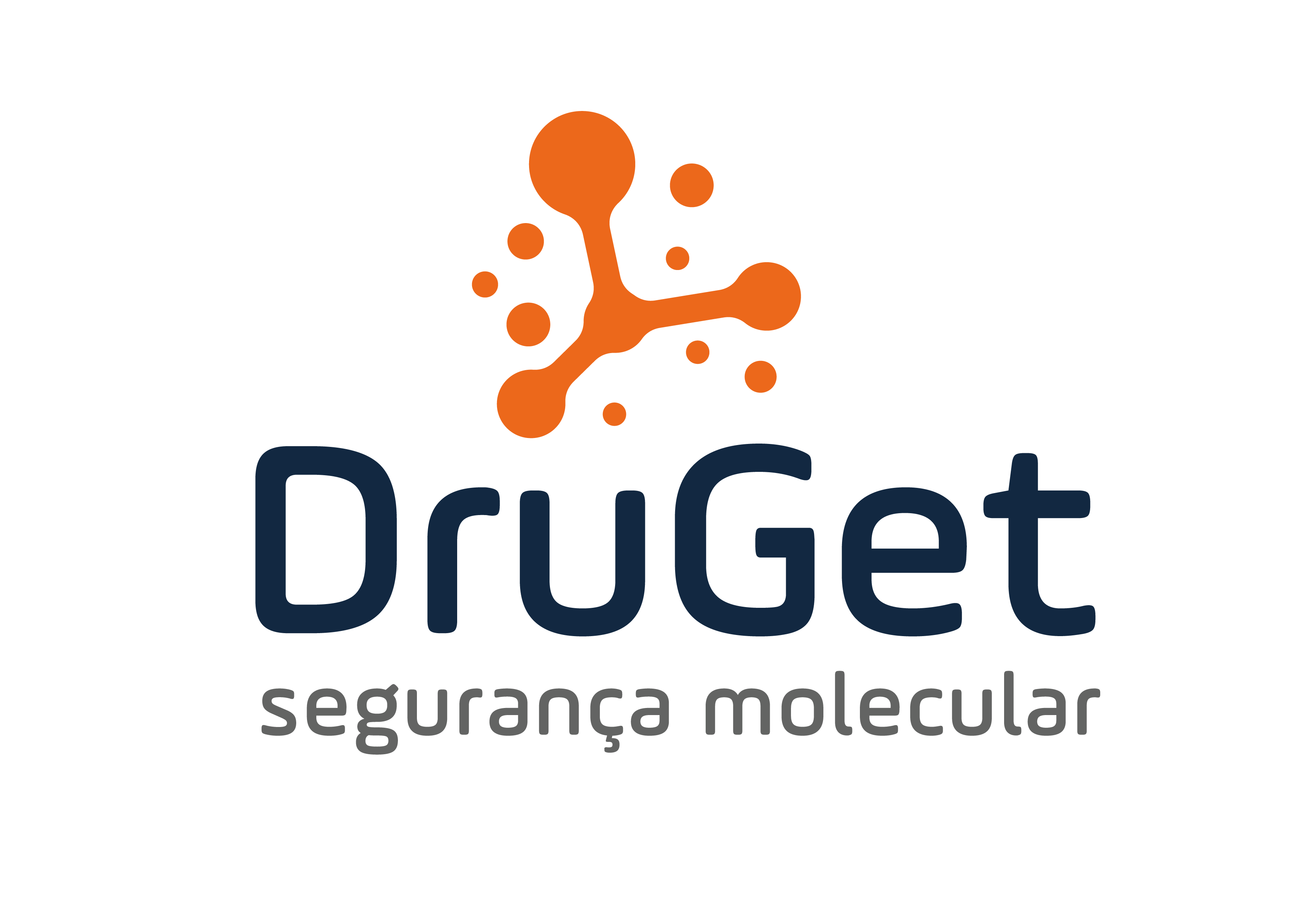The Ministry of Health defines a pharmaceuticals as a chemical substance that constitutes the active ingredient of a medicine. In general, the body itself synthesizes hormones, examples of drugs administered to address deficiencies, such as insulin, an anabolic hormone. On the other hand, laboratories synthesize most of the drugs available on the market externally, which are administered as foreign substances, known as xenobiotics.
Development of Xenobiotic Pharmaceuticals
The development of a xenobiotic molecule capable of becoming a drug is a complex process. Firstly, the molecule must have a specific mass, electrical charge, shape and molecular formula to interact with a given protein or gene. The size of the molecule influences the route of administration; Drugs with high molecular weight (> 900) face difficulties in crossing cell membranes and generally require direct administration at the site of action.
In addition to size, the shape of the molecule plays a crucial role. It is essential that there is ideal complementarity between the drug structure and the active site of the target protein or gene. Drugs can be presented in solid, liquid or gaseous states, and the physical state influences the choice of the most appropriate route of administration.
Pharmacokinetics and Rational Planning
Pharmacokinetics and rational planning are fundamental in this process. A pharmacological molecule must follow a path through the body until it reaches the site of action, undergoing as few changes as possible to maintain its specific capacity to activate the target site. This process involves extensive pharmacokinetic studies to determine the administration, distribution, metabolism and excretion of the molecules.
Therefore, given the complexity involved, rational drug planning emerged, which rationalizes the design of pharmacological molecules using information about the molecular structure and target of action. Currently, this process is aided by computational algorithms that speed up the analysis of thousands of data quickly and economically, thus facilitating the creation of new medicines.
For more information, see:
- KATZUNG, Bertram; TREVOR, Anthony. Farmacologia básica e clínica. São Paulo: ArtMed, 2017.







